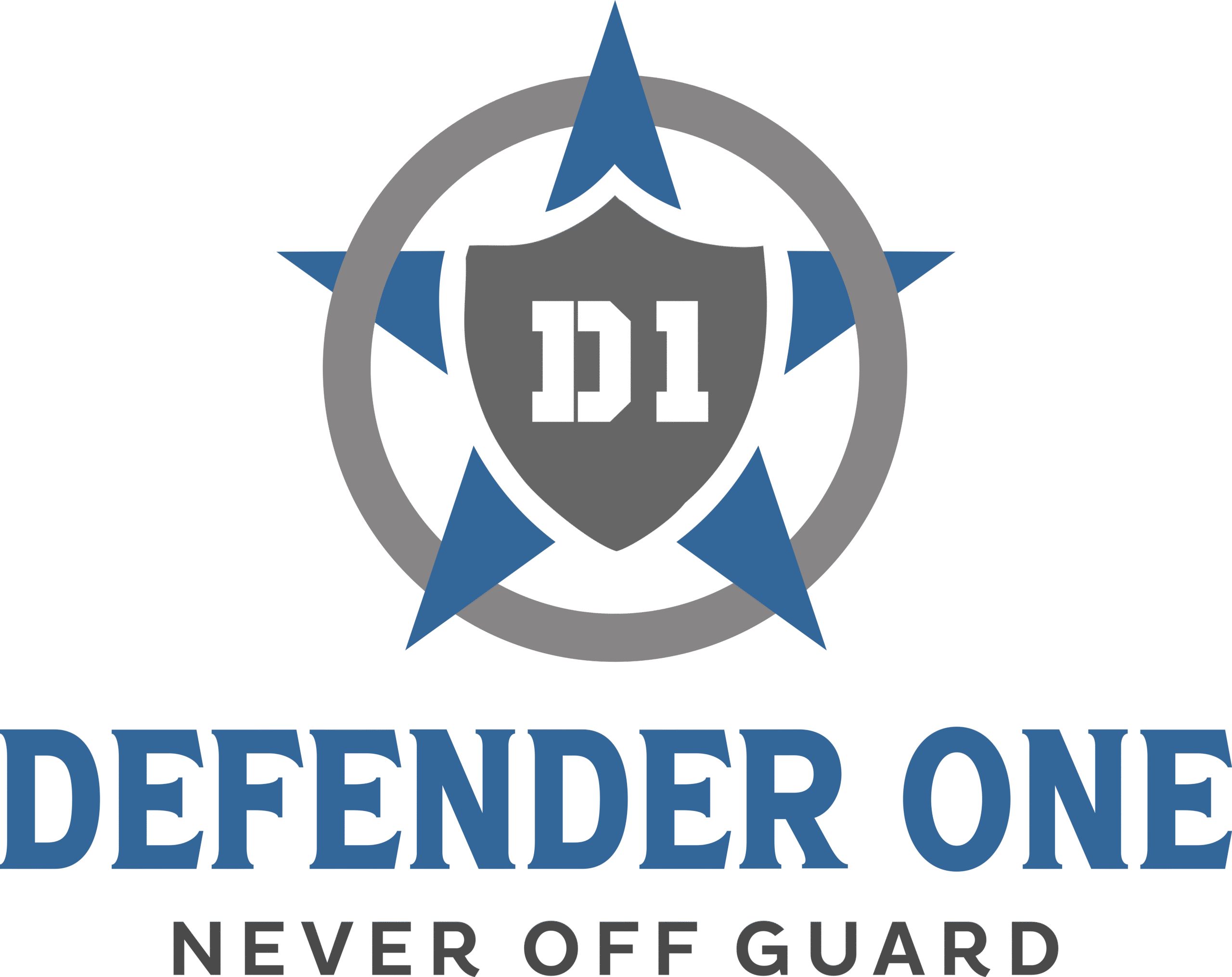In the intricate ecosystem of a hospital, security stands as an essential pillar for protecting patients, staff, and assets. Beyond just physical safety, it encompasses the safeguarding of patients, staff, and valuable assets. Hospitals are bustling hubs, serving countless individuals daily, making the assurance of safety paramount. With evolving challenges, ensuring a secure environment demands a multifaceted approach that integrates technology, training, and strategic protocols.
Technological Innovations
Embracing cutting-edge technology has revolutionized hospital security. Advanced surveillance systems equipped with high-definition cameras, integrated alarms, and access control systems form the backbone of modern security measures. Artificial intelligence further augments these systems, allowing for predictive analytics and proactive threat detection. Biometric scanners ensure restricted access to sensitive areas, fortifying against unauthorized entry.
Moreover, the utilization of Radio-Frequency Identification (RFID) tags on equipment and assets not only tracks their movement but also prevents theft or loss. This technology aids in inventory management, minimizing operational disruptions while ensuring the availability of crucial resources.
Training and Preparedness
The human element plays a pivotal role in hospital security. Comprehensive training programs empower staff to recognize and respond effectively to potential threats. Regular drills and simulations instill a culture of preparedness, enabling swift and coordinated actions during emergencies. From active shooter scenarios to natural disasters, preparedness drills ensure a timely and organized response, safeguarding lives and minimizing chaos.
Additionally, educating employees on cybersecurity practices is imperative in an era where hospitals are increasingly vulnerable to cyber threats. Training staff to identify phishing attempts and emphasizing data protection protocols shield sensitive patient information from breaches.
Physical Infrastructure and Access Control
A robust physical infrastructure forms the backbone of a secure hospital environment. Controlled access points, reinforced doors and windows, and strategically placed barriers bolster perimeter security. Implementing a tiered access system ensures that individuals only have access to areas necessary for their roles, limiting unauthorized entry to sensitive zones.
Furthermore, the incorporation of panic buttons, emergency communication systems, and well-defined evacuation routes empowers individuals to swiftly respond to crises. Collaborating with local law enforcement and emergency services ensures a seamless exchange of information and support during critical situations.
Creating a Culture of Safety
Beyond technological advancements and infrastructure, fostering a culture of safety is pivotal. Encouraging open communication channels where staff can report suspicious activities without fear of reprisal cultivates a vigilant environment. Regular safety briefings and forums allow for the dissemination of best practices, ensuring that everyone remains updated on evolving security protocols.
Empathy and respect are also fundamental components of a secure environment. Creating a workplace where individuals feel valued and heard fosters a sense of ownership and responsibility toward ensuring security for all.
Adapting to Evolving Threats
Flexibility and adaptability are indispensable in combating ever-evolving security threats. Regular risk assessments and audits help identify vulnerabilities, enabling proactive measures to mitigate potential risks. Staying abreast of emerging threats allows hospitals to continually refine their security strategies, ensuring they remain one step ahead of dangers.
Crisis Management and Response Protocols
Preparation for crises is as crucial as preventive measures. Establishing clear crisis management and response protocols is imperative to navigate unforeseen situations. Designating an incident command team with predefined roles and responsibilities ensures a structured and efficient response during emergencies. Regular tabletop exercises and scenario-based training enable staff to familiarize themselves with these protocols, refining their ability to handle high-stress situations.
Moreover, effective communication is the linchpin of crisis management. Implementing redundant communication channels guarantees seamless coordination among different departments, enabling swift decision-making and resource allocation. This approach minimizes confusion and enhances the hospital’s ability to respond effectively to crises, mitigating potential harm to individuals and the facility.
Collaboration and Community Engagement
Building strong relationships with the local community and law enforcement agencies fosters a collaborative approach to security. Engaging in joint training exercises and information-sharing sessions fortifies partnerships, enabling a cohesive response to security threats that transcend the hospital’s boundaries. Collaborating with community organizations and stakeholders enhances the hospital’s ability to address broader safety concerns, such as community health and safety outreach programs.
Furthermore, involving the community in security initiatives not only bolsters support but also encourages active participation in maintaining a safe environment. Initiatives like neighborhood watch programs and community safety forums create a network of vigilance, extending the reach of hospital security beyond its physical confines.
Ethical Considerations in Security Practices
Amidst the pursuit of heightened security, hospitals must navigate ethical considerations. Balancing security measures with patient privacy and dignity is imperative. Implementing security measures that respect patient confidentiality while ensuring their safety is a delicate yet essential balance. Strategies such as securing patient information systems with encryption and restricted access uphold patient privacy while safeguarding sensitive data from breaches.
Moreover, maintaining a non-intrusive but effective security presence is crucial. Visible security measures should instill a sense of safety without causing undue stress or discomfort to patients, visitors, or staff. Ensuring that security measures align with ethical standards and cultural sensitivity preserves the trust and confidence of those within the hospital’s care, fostering a supportive and secure environment.
Final thoughts
Protecting patients, staff, and assets in a hospital environment necessitates a holistic and dynamic approach to security. Integrating advanced technology, comprehensive training, robust infrastructure, and a culture of vigilance forms the bedrock of a secure healthcare facility. As challenges evolve, hospitals must remain proactive, adaptable, and committed to safeguarding the well-being of all within their walls. By prioritizing security measures, hospitals can not only ensure the safety of individuals but also fortify their ability to deliver high-quality healthcare services effectively.
